Since I embraced my life’s purpose, I have felt divinely guarded and guided in my day to day life. I am often led to the people, places, situations that are an intricately connected part of my future. I love learning new things and I spend a great deal of time reading and researching. My searches typically take long detours and I ultimately end up exactly where I am supposed to be, making discoveries I didn’t know I was looking for. This is one of those discoveries!
Bridging Differences
I am excited to share with you about a new course that I am starting today called Bridging Differences. It was developed by Greater Good Science Center (GGSC) at the University of California, Berkeley. Available through the edX platform, the self-study course includes 8 weekly modules. Since I am taking advantage of the free version, I can learn at my own pace. It is available through April 24, 2024, if you are interested in joining me! (wink, wink!)
Bridging Differences was created to expand upon a publication from GGSC called the Bridging Differences Playbook. The online course provides an opportunity for networking and discussion with others around the world that are interested in working together for peace. The modules review evidence-based communication and conflict resolution techniques for those called to help bridge the differences in hopes of easing the tensions that seems to be worsening in our country.
GGSC and The Playbook
The Greater Good Science Center studies the psychology, sociology, and neuroscience of well-being, and teaches skills that foster a thriving, resilient, and compassionate society. Learn more about the GGSC by visiting their website.
I’ve only just glanced through the The Bridging Differences Playbook, but I can already tell it is an AMAZING collection of evidence-based best practices! In addition to the valuable information gathered by GGSC, the Playbook lists dozens of additional organizations that may be helpful for the future ‘Bridge Builder.’
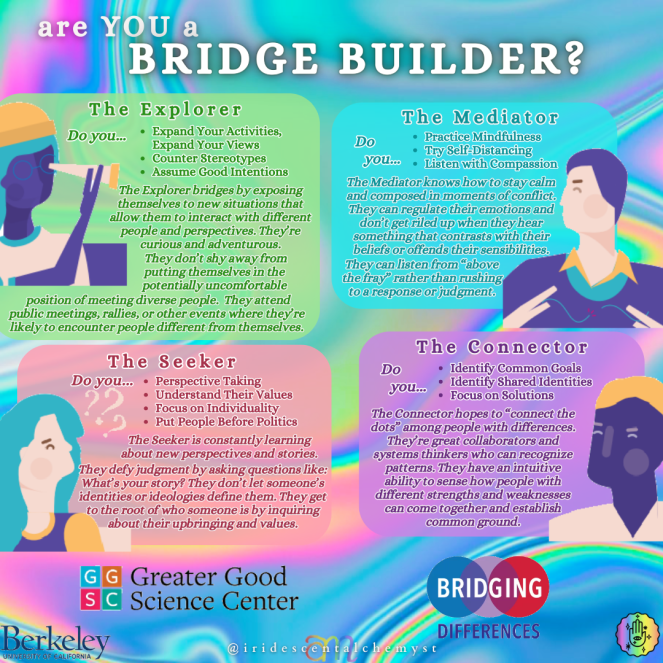
Even if you are not interested in taking the course with me, you should DEFINITELY check out the Bridging Differences Playbook!
The One America Movement
I learned about the Greater Good Science Center while taking a different free course from The One America Movement called Faith Over Division. Per their website, The One America Movement is a national nonprofit confronting toxic polarization in our society. We equip faith communities to confront division and work together across political, racial, and religious divides to solve problems that matter.
Faith Over Division is “an initiative of the One America Movement to provide faith and lay leaders with tools and resources to address the effects of America’s divisions in their congregations and communities. This course covers the symptoms and drivers of division, walks you through evaluating division in your community, and provides you with resources to start working on healing the divides you face.”
Divided We Fall
The One America Movement also introduced me to the term for the worsening division that I see in my formerly close-knit small town in midwest America. Finally, I could understand the motivating factors behind all the animosity and worsening relationships around me!
You have no doubt noticed too… The family unit is in shambles. Neighbors that have lived and worked together for many years are no longer speaking. The sense of camaraderie and community we had growing up feels nonexistent. Racial, religious, political and socioeconomic division has long been an issue around the world, and it only seems to be getting worse…
Healthy Polarization
The Universal Law of Polarity states that “everything has its poles, it’s pair of opposites.” That means in order for anything to exist, the exact opposite must also exist. In physics, polarity is an attribute having two (or more) possible values. Hot and cold, day and night, right and wrong…
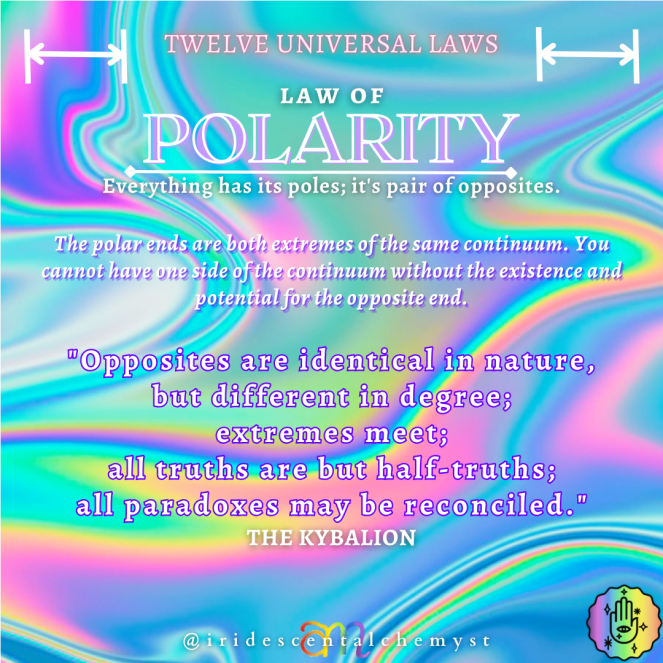
In our social roles, we often find ourselves choosing a position in various topics. Whether it is whether tacos or spaghetti for dinner, what political candidate to vote for, or which team should win the Superbowl… there are many times in our day to day lives that we must pick a side.
It is human nature for us to identify with what we believe. When we identify with one side or another, we become part of a group. The groups that we identify with as part of these choices help us identify kindred spirits and like-minded people… they can bring us together and unite us for a common cause. The more involved and passionately we feel about our choice, the stronger our allegiance to the group we align with.
Sometimes the choices we must make will inevitably lead to disagreements, and possibly competition.
Disagreements and competition are a normal, healthy part of interpersonal relationships. Discussions with others that share opposing views are essential for growth and progress in a group. Exchanging ideas is an opportunity to learn new things, gain a greater understanding of ourselves and the world around us, and maybe even discover an entirely new perspective. Competition is beneficial in many ways, as well. It pushes us out of our comfort zone and helps us realize what we are capable of. It can motivate us to work harder and inspire us to be greater.
When Polarization Turns Toxic
The problem, then, is not the differences in opinion. Polarization turns toxic when the focus of discussion shifts from what we believe to who we are.
When we divide ourselves into “teams,” we inherently adopt an “us versus them” mentality. In trivial matters, we can maintain our relationships with the opposition, and the issue is water under the bridge when all is said and done. But when we get emotionally involved, the team becomes a large part of our identity, and our happiness hinges whether our team wins or loses. Any opposition puts us on the defensive and can feel like an attack. When we react to a perceived attack, our emotions have control. Communication breaks down and compromise becomes impossible in this environment, because if our “team” loses, we equate that to losing a piece of ourselves.
I’ve always resented the premise that we should “never talk about two things: politics and religion.” Why? Aren’t those topics exactly what we should be talking about?
Debating various issues that affect us all is a critical component of a strong democracy. The notion that we should avoid sensitive subjects laid the foundation for the mentality that we are entitled to passionate outbursts… as if anyone that mentions politics deserves the wrath and disrespect we unleash because “they made us do it; they should have known better.”
Maybe it hasn’t happened to you then, if you generally shy away from these types of interactions. I have run into this many times, because I am politically active and enjoy debates. So, I find myself in a heated discussion about (insert controversial topic), and I offer a valid argument against my opponents’ stance. Their responses to the information I present get shorter as their anger rises. It’s usually only a matter of time before they lose their cool, then the yelling and name calling starts. At this point, I know that they will not listen to a word I say. Proceeding is not only pointless, but will likely only make things worse, especially if they hit a nerve and I lose my cool, too.
Searching For Answers
I often find that the other person typically doesn’t care about being respectful during a debate. Maybe they just don’t know how, or perhaps emotional manipulation is one of their strongest tools. I don’t think I am better than anyone else, I just make an effort. My career as a nurse laid gave me the training and the confidence to remain calm in chaos, and my experiences with DHS taught me a great deal about patience and maintaining self-control in the face of adversity. Yelling or getting in my face does not work to intimidate me, neither does making threats. I would rather die fighting for what I believe is right than live out a miserable life blindly following the masses, conforming to the status quo.
I am also comfortable with the potential that I am wrong. I am grateful to people that challenge my point of view, because I don’t want to carry on promoting an idea if it’s not the truth. I am sincerely interested in a thorough discussion of the topic, because I know that I must be able to understand my opponents’ point of view in order for real collaboration will happen. Regardless of my intentions and what I think I know; I realize I have more to learn. Obviously, because the tactics I have been trying have not been successful either. It usually just pushes the other person further into his or her corner.
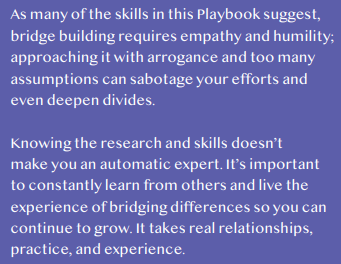
That is why I am so excited to have found these resources! I have already read about many psychological and sociological factors that contribute to the breakdown in communication. What I am interested in now, is what I can do to help undo the damage that is already done and keep things moving in the right way.
I have found many organizations and schools of thought that share these interests. I see that there are groups out there that truly want to help make things better for everyone. I feel tides are turning… people are waking up to the injustices. More and more of us see the basic truth that everything we have ever been told is a lie! We are fed up and right to fight! We are on alert, waiting for the sign that “it’s time…”
I don’t know if we are there quite yet, and honestly, I hope it doesn’t come to that. An eye for an eye does make the whole world blind. It will never come to a gun fight anyway, really. Not on the scale we’ve seen in wars past. The government has been hiding so much from us for decades (at least) and they have technologies that we’ve never even dreamed of. They have the means to turn us against each other, if we let them.
We must arm ourselves with knowledge, but more important than that… we must learn how to communicate and work together. I am hopeful that this course will teach me ways that I can help my friends and neighbors with all of the above! Fingers crossed!
Want new posts in your inbox? Don’t miss out!
Support my work by sharing this blog post! Thank you in advance for your help spreading the word about this important information!
One response to “Bridging Differences”
-

[…] I have learned the art of debate. I have trained in many schools of thought on how to handle discussion of sensitive topics, and tested that training in the real world many times. (I recommend Dale Carnegie’s How to Win Friends and Influence People as a good start, also check out Bridging Differences). […]
LikeLike
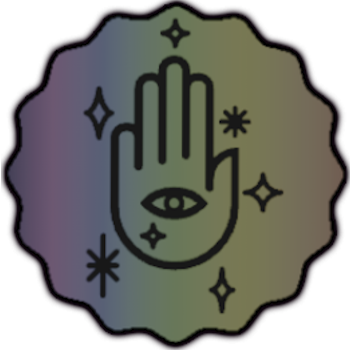
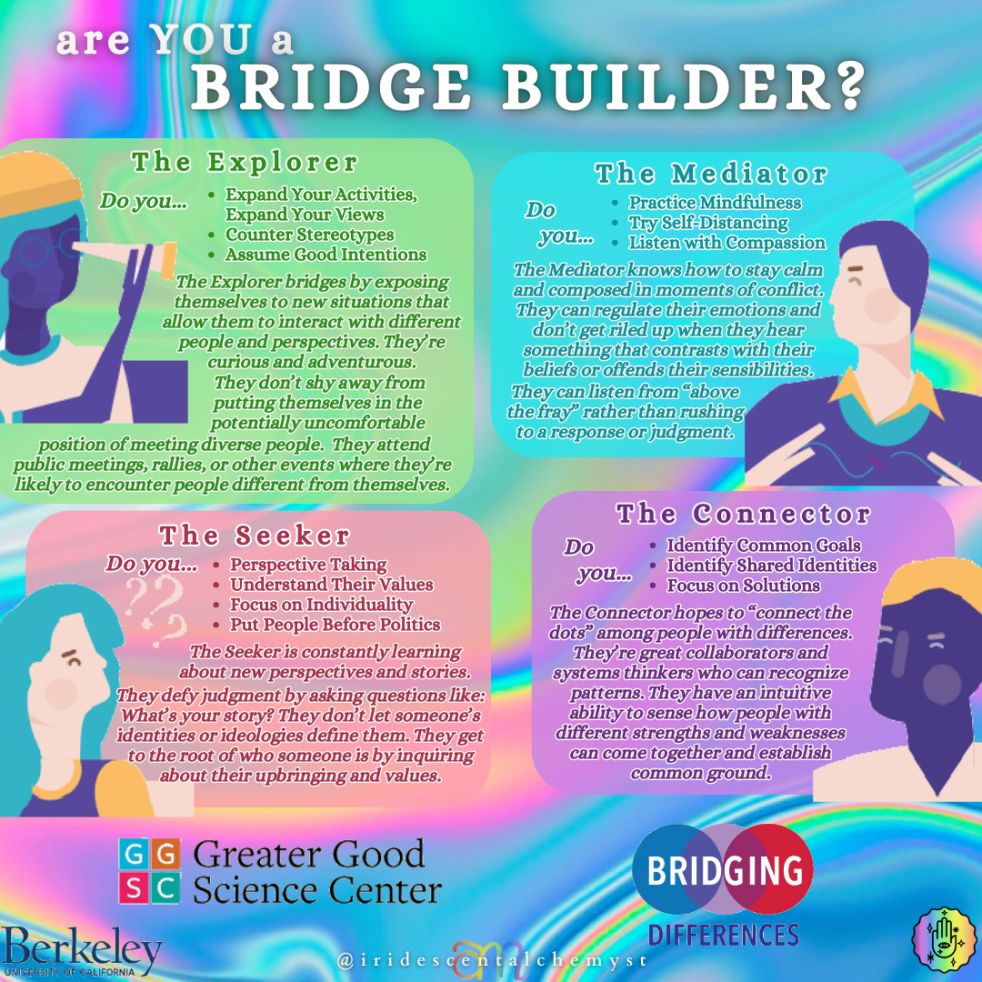
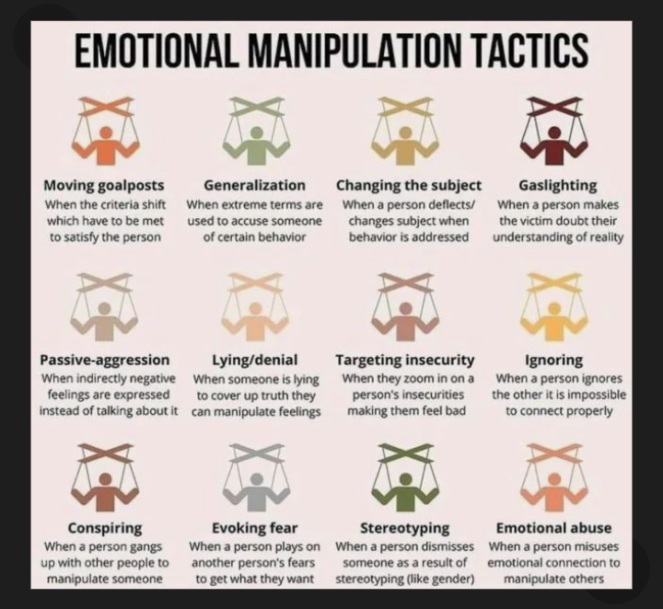
Leave a comment